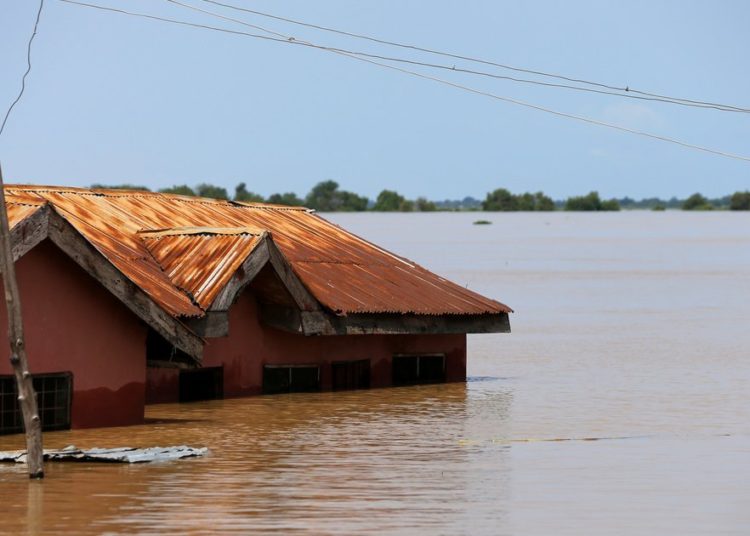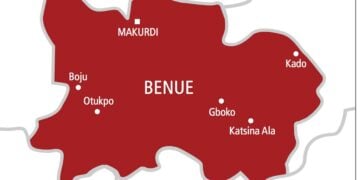The Sun Media Development Foundation has trained journalists on coverage of natural disasters, especially flood to bolster accurate and impactful reporting of such disasters.
The virtual training with the theme; “Reporting Flood Emergency” was aimed at preparing reporters and editors who cover disaster and humanitarian crises ahead of the imminent floods, as predicted by the federal government.
The training, delved into the nuances of covering disaster events, urging journalists to immerse themselves deeply in the stories they tell.
Victor Emeruwa, the Executive Director of the Foundation, stressed the importance of emotional and human-centered reporting, aiming to evoke strong sentiments and paint vivid mental images of the disaster’s consequences.
Emeruwa said flood is a humanitarian crisis and the objective of the training was to find out how to can achieve change through news reporting.
He said: “When reporting natural disaster, you must take two things into cognisance; human and physical elements.
5 Die, 75 Injured In 2023 Flooding – NEMA
“You should not just report the incident; report the impact and how it affects the lives of victims, their dreams and aspirations. Also, dramatise the impact of the death and explain the data.
“In reporting disaster, you should include why there has not been a change despite the recurrent decimal. Unearth and tackle corruption hindering development. Corruption in this case goes beyond money.
“Also, look at why dams are not built. Look at why policies are not enacted and implemented. You should continue to report until there is change.”
In his presentation on rules of reporting, he said the first element to consider in reporting flood is the human element because human lives are involved. He lamented that some of the losses and impact are irreversible or irreparable.
Emeruwa further stressed the need to contextualise reporting to aim at goals and objectives.
According to him, “Our Foundation aggregated the number of reports last year between 2022-2023, and there have not been a mileage or transition of change.
“We have to contextualise our reporting to show how people’s lives are affected. We also have to contextualise our reporting to show responsibility. The context of responsibility means asking the authorities questions.”
He said another area to look at is investigation in order to create solution. “We have to follow monies budgeted for interventions by the government.”
Speaking on reporting solutions, he said “Our style of reporting must be bold. Journalism is evolving. The concept of just reporting and leaving out other elements is not bringing solutions. We have to find ways to bring a change.
“Report the impact by associating reports with data. Unearth corruption; not necessarily finance, but the inability to execute policies.”
On his part, the deputy director, Flood Forecasting, Monitoring Control, Federal Ministry Of Environment, Kunle Awojemila stressed the need for greater collaboration with the media in reporting flood.
He identified 178 local government areas in 32 states that are highly probable flood risk.
“For flood to be mitigated, there should be an improvement in flood warning system for accuracy; enhancement of food infrastructure; enforcement of strict land-use planning regulations of prevent construction of in high-risk flood areas,” he added.











